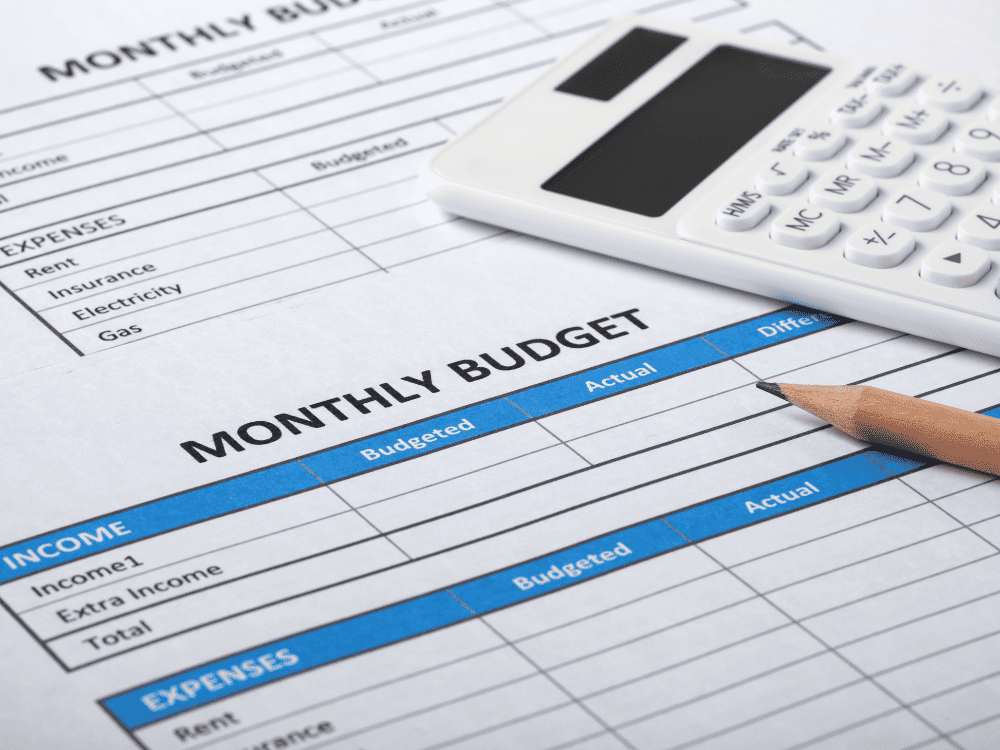Buying Your First Property as First Time Buyers can be a daunting experience. Considering all of your options, your deposit, Help to Buy and other government schemes, the pressure of getting your agreement in principle, the legal process… and that’s just the things you know about!

With all the worry of getting everything in order, comes the excitement of making that very first step on the property ladder. You won’t ever forget the moment you get the keys to your first place – it’s such a feeling! I know I can remember running from room to room taking it all in and enjoying a takeaway on the floor of the living room! So here are my top 7 tips for all the practical (not exciting) things you need to do and will help to keep the worries at bay too:
1. Get yourself on the electoral register.
This is something which can be very much overlooked when thinking about your first home. By doing this, lenders can find you and your registered details and it puts you in a good position to make a mortgage application and it can improve your credit score too.
2. Check your credit score
Building a good credit score can take time and time to repair it if needed. (You can use services such as Experian or Check my File to monitor it yourself.) It is important to also bear in mind that it’s not what your score is but rather your conduct which is important to lenders when they’re making lending decisions. The absolute best things you can do to build on your credit score are to take a credit card (with a sensible spending limit) that you can pay for small amounts on. Items such as food, fuel or travel for example, that you can pay off each month in full. This allows lenders to see that you are ‘financially trustworthy’.
Do please remember to set up a direct debit so you don’t miss any payments, otherwise you could end up doing more harm than good!
If you have a poor credit score – all is not lost. Specialist lenders can be used when it comes to your mortgage, but it may just mean a higher interest rate on what you borrow. You’ll find more information about poor credit scores here. You may have a CCJ for example, but everything else in your credit history has been perfect ever since. This will have an impact on who will lend money to you but it’s certainly not an outright no.
3. Prepare your Proof of ID and Address
Get organised by preparing proof of address and ID. This address needs to match your address on the electoral roll, even if you’re renting or living with parents. It is vital that your different forms of ID match so that the lender can identify who you are. Due to most of our client interactions now being virtual, we normally send something to verify who you are too.
4. Proof of Deposit
Next there’s the matter of providing proof of your deposit. Usually, a minimum 5% deposit is needed – obviously the more you’ve got the better! This deposit needs to be evidenced. It may be that perhaps you have that amount in savings, in which case your bank accounts will be used, even if the amount is across several different accounts. If it is a gifted deposit from family, the lender will usually contact that person directly. It also needs to be considered if that deposit needs to be repaid at any point as that will affect your overall affordability.
5. Complete a detailed budget planner
There will be all sorts of costs and expenses in your new home; gas, electric, water, council tax travel, food, entertainment to name just a few. My advice is to always be REALISTIC. How much do you really spend on food? Or eating out? It’s not unusual for lenders to be generous in terms of their lending but borrowing on paper is different to borrowing in real life. What if interest rates go up? What if energy prices continue soaring? What about hobbies you enjoy? Can you afford the repayments with enough wiggle room?

6. Plan the income you can use
We can usually use most of it! If you are employed, we will use your basic salary plus any overtime, commission and bonuses that you get. We can also use some other income too like certain benefits or maintenance payments. You will also need 3 months bank statements too, to check it hits that your account. If you’ve just started a job – don’t panic, we can work on contracts etc. If you are self-employed, you will need different things like salary and dividends or net profit, you can learn more about being self employed here. We will also need 3 months business bank statements too.
What about other commitments we have as First Time Buyers?
7. Consider your other commitments
Many people have loans, credit cards, mobile contracts, car finance and other financial commitments that can often be forgotten about. These types of monthly payments together with your income, are key to calculating your affordability. Exactly how much you can borrow can vary lender to lender but it must be realistic too. (Making sure you leave enough left for everyday living).
Approach online affordability calculators with caution too – it is very easy to forget other commitments you have. You should always aim to speak to a mortgage advisor who can look at many different lenders on your behalf and take careful consideration to your best interests.
Take a look at my videos all about debt here.
I hope if you are a first time buyer you have found this information useful. If you have any questions about any of the top tips I’ve mentioned, do get in touch with us and we’ll be more than happy to chat to you. Call us on 0300 124 5630 or email us hello@vantage-mortgages.co.uk

